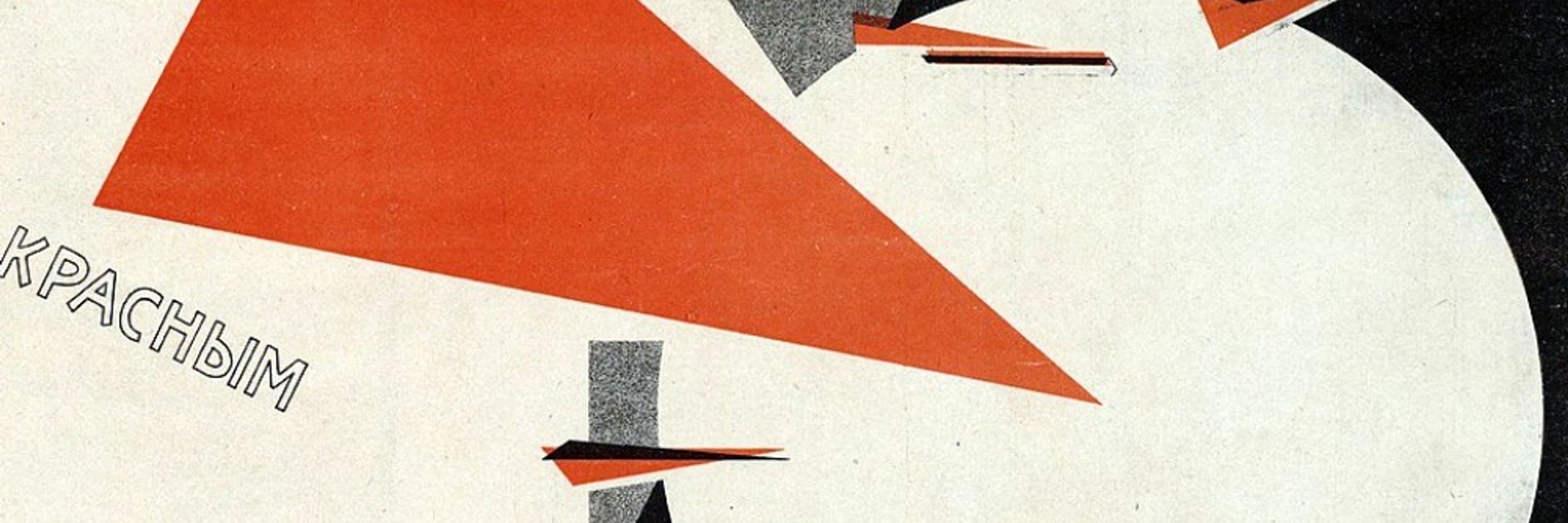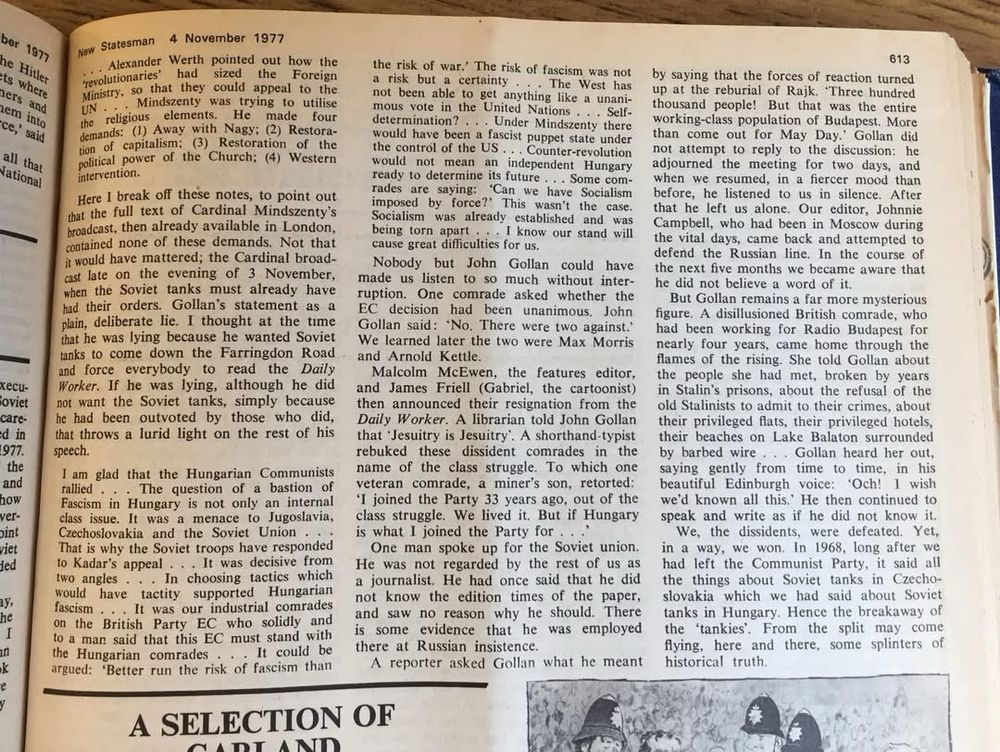

Issue 29 is the second issue dedicated to looking at histories of 1956 globally, edited by Madeleine Davis and George Odysseos.
A 🧵 of the articles...
journals.lwbooks.co.uk/tcc/vol-2025...
archive.org/details/mo19...

archive.org/details/mo19...
You can get 30% discount by using the code ‘EVENT30’ right now, or tell your library!
manchesteruniversitypress.co.uk/9781526179593/

You can get 30% discount by using the code ‘EVENT30’ right now, or tell your library!
manchesteruniversitypress.co.uk/9781526179593/
journals.lwbooks.co.uk/tcc/vol-2014...

journals.lwbooks.co.uk/tcc/vol-2014...
Issue 18 of Twentieth Century Communism journal features an article by Daniel Edmonds on Saklatvala's anti-colonial activism during this period.
journals.lwbooks.co.uk/tcc/vol-2020...

Issue 18 of Twentieth Century Communism journal features an article by Daniel Edmonds on Saklatvala's anti-colonial activism during this period.
journals.lwbooks.co.uk/tcc/vol-2020...
Issue 18 of Twentieth Century Communism journal features an article by Daniel Edmonds on Saklatvala's anti-colonial activism during this period.
journals.lwbooks.co.uk/tcc/vol-2020...

Issue 18 of Twentieth Century Communism journal features an article by Daniel Edmonds on Saklatvala's anti-colonial activism during this period.
journals.lwbooks.co.uk/tcc/vol-2020...
journals.lwbooks.co.uk/tcc/vol-2014...

journals.lwbooks.co.uk/tcc/vol-2014...
Issue 14 of Twentieth Century Communism journal was a special issue dedicated to the centenary of 1917 and its impact on the international communist movement.
journals.lwbooks.co.uk/tcc/vol-2018...

Issue 14 of Twentieth Century Communism journal was a special issue dedicated to the centenary of 1917 and its impact on the international communist movement.
journals.lwbooks.co.uk/tcc/vol-2018...
trove.nla.gov.au/newspaper/pa...

trove.nla.gov.au/newspaper/pa...
The Anti-Apartheid Movement in Britain issued this manifesto in Jan 1966, calling for an end to the Smith regime.
www.aamarchives.org/archive/hist...

The Anti-Apartheid Movement in Britain issued this manifesto in Jan 1966, calling for an end to the Smith regime.
www.aamarchives.org/archive/hist...



www.marxists.org/history/erol...

www.marxists.org/history/erol...
journals.lwbooks.co.uk/tcc/vol-2025...
journals.lwbooks.co.uk/tcc/vol-2025...


journals.lwbooks.co.uk/tcc/vol-2025...
journals.lwbooks.co.uk/tcc/vol-2025...
Buy it here reaktionbooks.co.uk/work/contest...

Buy it here reaktionbooks.co.uk/work/contest...
journals.lwbooks.co.uk/tcc/vol-2020...

journals.lwbooks.co.uk/tcc/vol-2020...
lwbooks.co.uk/deporting-bl...

lwbooks.co.uk/deporting-bl...


manchesteruniversitypress.co.uk/9781526179593/

manchesteruniversitypress.co.uk/9781526179593/
Issue 29 is the second issue dedicated to looking at histories of 1956 globally, edited by Madeleine Davis and George Odysseos.
A 🧵 of the articles...
journals.lwbooks.co.uk/tcc/vol-2025...

Issue 29 is the second issue dedicated to looking at histories of 1956 globally, edited by Madeleine Davis and George Odysseos.
A 🧵 of the articles...
journals.lwbooks.co.uk/tcc/vol-2025...


This issue of @20thccommunism.bsky.social looks at the influence of Communist China and Maoism across the globe between the 1950s and 1980s, with 2 open access articles.
journals.lwbooks.co.uk/tcc/vol-2022...

This issue of @20thccommunism.bsky.social looks at the influence of Communist China and Maoism across the globe between the 1950s and 1980s, with 2 open access articles.
journals.lwbooks.co.uk/tcc/vol-2022...

